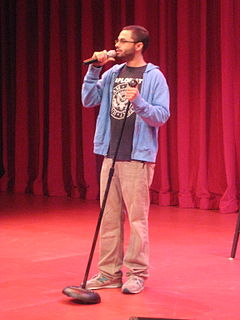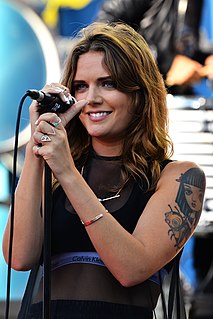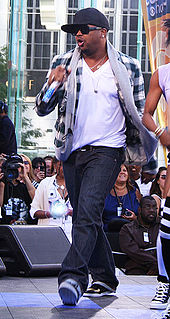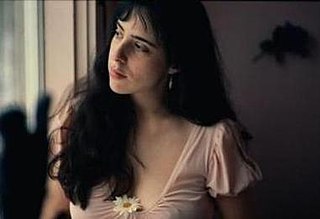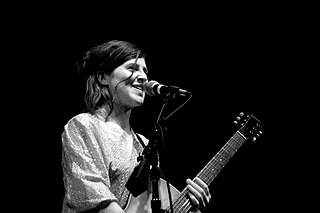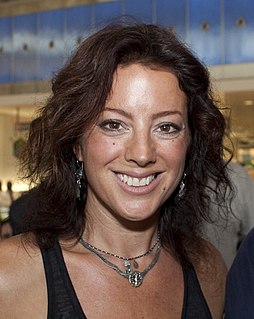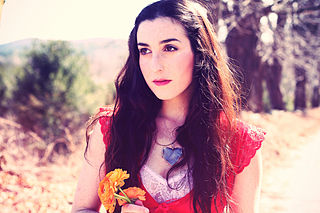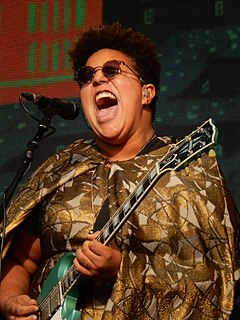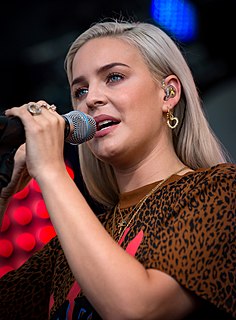A Quote by Joe Mande
Martin Noakes is a British conspiracy theorist who also happens to be maybe the best songwriter in the world, in my opinion. His songs are beautiful. They're crazy. That 9/11 song... no song has ever gotten into my head more. And it's inappropriate. You can't just like walk around singing about "jet fuel doesn't melt steel."
Related Quotes
I was one of those guys, you know, playing and singing, and there was no reason for me to write a song, because there were so many beautiful songs out. And Bob Dylan was always the ultimate songwriter, and nobody could ever write a song as good as him, and nobody ever has written a song as good as him.
There are times when I want to be plainspoken about my feelings in a song. But there are other times when it's really good to try and get my head around different kinds of song structures, or maybe I might get turned on by trying to write a song that would fit in this one scene in a movie. And by the end of all this, you just end up with a bunch of different ideas. And songs are really just ideas.
There are no limitations with a song. To me a song is a little piece of art. It can be whatever you like it to be. You can write the simplest song, and that's lovely, or you can just write a song that is abstract art. ... A lot of my songs are very serious, I'm like dead serious about certain things and I feel that I'm writing about the world, through my own eyes. ... I have a love for simple basic song structure, although sometimes you'd never know it. ... Most of the songs I wrote at night. I would just wake in the middle of the night. That's when I found the space to write.
You are hearing this song, and you're 16, and it's a song about love, or a girl. And then maybe there's a girl at school that you like. So you're going to be thinking about that girl. That song is sort of about that girl. The songwriter doesn't know that girl, obviously. He wrote it for something else. But there's the specific meaning with the universal again.
An audience will let you know if a song communicates. If you see them kind of falling asleep during the song, or if they clap at the end of a song, then they're telling you something about the song. But you can have a good song that doesn't communicate. Perhaps that isn't a song that you can sing to people; perhaps that's a song that you sing to yourself. And some songs are maybe for a small audience, and some songs are for a wide audience. But the audience will let you know pretty quickly.
For the first records I really never thought about anything other than the song itself. I thought that this was what the job of a songwriter was. I was really approaching music from a very different standpoint. To me when I was younger the song was just the melody. I think as I've gotten older and have been recording myself I've become aware of just how many layers can exist within a song besides just the main vocal.
The interesting thing about a song like 'Bulletproof Heart' - it was [originally] called 'Trans Am' - the interesting thing about the amalgamation of that song was that the song also lived within us, like we all got to live with the song and it was around for about a year before we recorded it again, so the song got to really transform, which you don't really get to do.
I can't say that I'm always writing in my head but I do spend a lot of time in my head writing or coming up with ideas. And what I do usually is write the music and melody and then, you know, maybe the basic idea. But when I feel that I don't have a song or just say, God, please give me another song. And I just am quiet and it happens.
